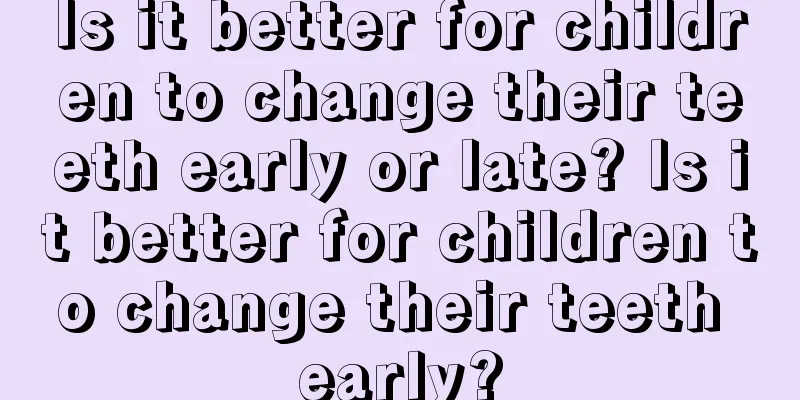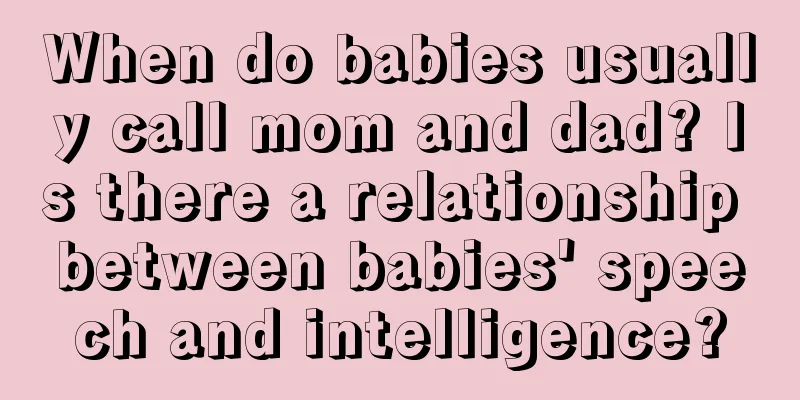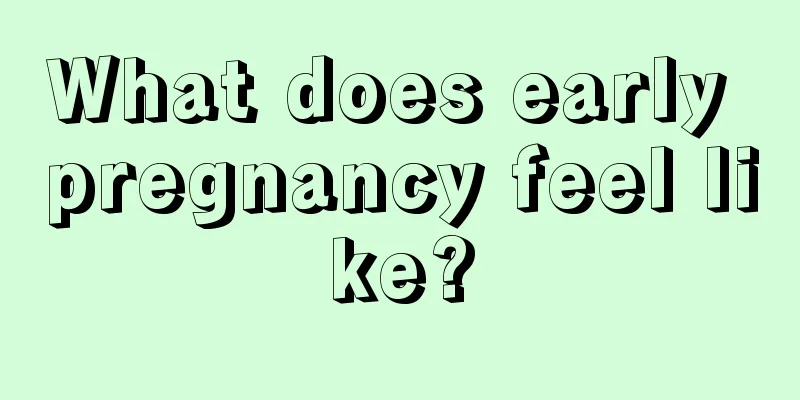Is it better for children to change their teeth early or late? Is it better for children to change their teeth early?

|
Tooth replacement is a sign of a child's growth, but the time of tooth replacement is not relatively fixed. Today, the editor of No. 5.com will introduce to you whether it is better for children to replace their teeth early or late? Is it good for children to replace their teeth early? At what age do children start to change their teethChildren usually start to replace their teeth around the age of 6. People grow teeth twice in their lives, namely deciduous teeth and permanent teeth. There are 20 deciduous teeth, which usually start to erupt around 6 months old and grow fully at 2-3 years old; there are 28-32 permanent teeth (the number of wisdom teeth is 0-4), which usually start to grow around the age of 6 and grow fully at 12-13 years old (wisdom teeth vary from person to person), so the replacement period is usually between 6 and 12 years old. Is it better for children to change their teeth early or late?It is not good for children to change their teeth too early or too late. It is normal to change teeth at the age of 5 or 7, but if it is earlier or later, it may mean that there is a problem. Too early tooth replacement is usually caused by trauma to the child's teeth (such as teeth being knocked) and falling out, or it may be caused by certain oral diseases (such as tooth inflammation, caries, etc.). Too late tooth replacement may be caused by problems inside the child's body, such as congenital loss of permanent teeth, which causes the deciduous teeth to fall out too late. However, due to the great individual differences among children, it must be determined after clinical observation by a doctor. Is the early or late replacement of children's teeth related to development?The early or late replacement of teeth is related to the overall development of the child. The earlier the overall development, the earlier the replacement of teeth. In addition, the early or late replacement of teeth is also related to genetics, congenital factors, nutritional status, local oral reasons, etc. In addition, the early or late replacement of teeth has nothing to do with the size of bone age, nor is it related to the early or late puberty. Generally, the first tooth of a child falls out between the ages of 6 and 7. If a child has teeth falling out before the age of 4, this is usually caused by internal reasons of the body, or it may be just local reasons in the oral cavity, such as metabolic disorders or periodontal diseases. If it is found that the child's deciduous teeth fall out prematurely due to caries, trauma, periodontal disease, etc., you should seek medical attention as soon as possible to avoid damage to the bite function and affect the normal development of permanent teeth and maxillofacial region. |
Recommend
Is scarlet fever dangerous in children? How is scarlet fever transmitted in children?
Scarlet fever is a respiratory infectious disease...
What are the dangers of sinusitis in children? How to treat sinusitis in children effectively?
Sinusitis is often a respiratory tract infection ...
How to take care of the baby in autumn? What should you pay attention to in autumn?
How should mothers take care of themselves during...
Haruki Murakami: School education should not stifle children's imagination
Haruki Murakami, a well-known Japanese writer, sa...
What is the normal body temperature for babies in summer? Will babies have a high body temperature in summer?
The weather is hot in summer. Many babies who hav...
How to train your baby's memory Introduction of baby memory game
How to train your baby's memory? Parents all ...
What are the factors that affect children's height? What can you eat to grow taller?
Children need a lot of nutrition to meet their gr...
Is it true that women with big buttocks are more likely to give birth to sons?
Old people often say that women with big butts wi...
What should pregnant women do if they have ear pain due to internal heat? Tips for pregnant women to get rid of internal heat
Pregnant women have a more fragile body, so they ...
Will the baby choke on water during a water birth? What conditions need to be met for a water birth?
I think everyone has heard of water birth. Water ...
How many hours a day is normal for a newborn baby to sleep?
Sleep plays an important role in a baby's dai...
How to give birth to a son What are the secrets and techniques for giving birth to a boy
Nowadays, many families want to have a boy. Altho...
Are too many toys harmful to children? What happens if there are too many toys?
Now that material conditions are getting better a...
What should a woman who has just given birth eat? What are the taboos?
The mother who has just given birth is very weak,...
Can sweet potato leaves be eaten during breastfeeding? Can sweet potato leaves be eaten by pregnant women?
Sweet potatoes are really treasures all over. Not...









